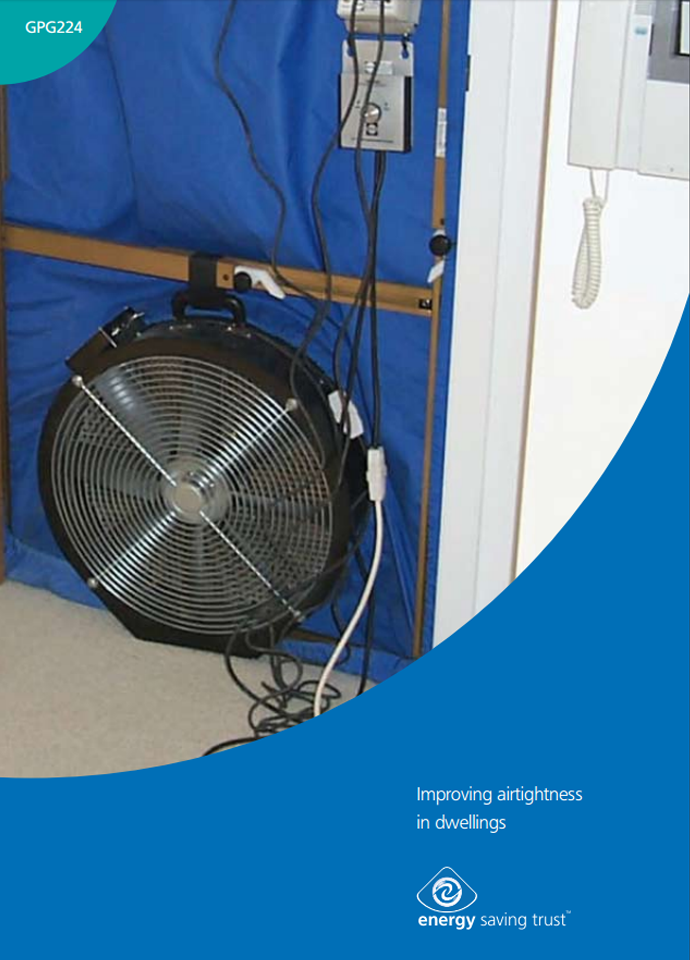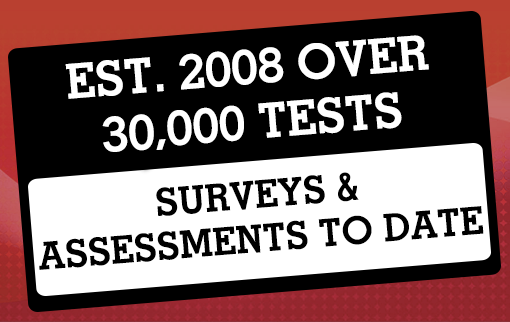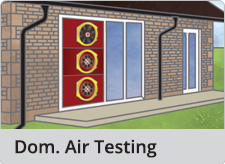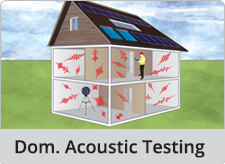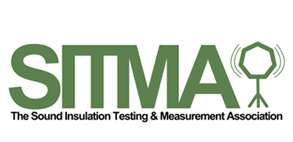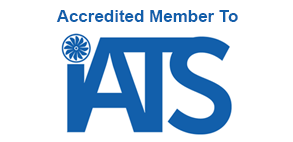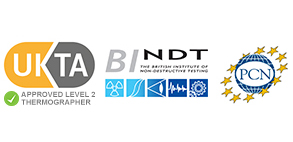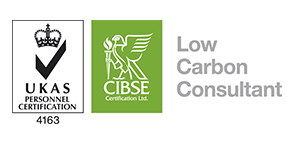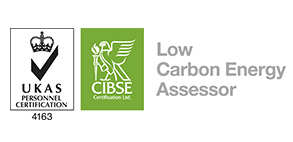Offices Nationwide

Air Testing & Leakage
We have a checklist you can download for Air Leakage Testing. If you follow our air tightness checklist, this will improve your likelihood to achieve a pass!

Sound Levels
Decibels (dB) are most commonly used as a measure of sound level, but they are also used in electronics, signals and communications...more
Cheshunt - Room Integrity Testing - 020 3390 0301
The office that covers this area is: London
Phone Number: 020 3390 0301 Email: cheshunt@e2consultants.co.uk
What Is A Room Integrity Test?
Gas fire suppression systems work by releasing gas that either reduces the oxygen level to suffocate the fire or by simply reacting with the fire itself to help extinguish or supress it. Room Integrity Testing is required wherever there's one of these fire suppression system. To work correctly the enclosure needs to hold the gas for a short period of time.
How Does The Test Work?
Room Integrity Testing is used to determine if the room is capable of holding the gas from the fire suppression system successfully. On top of which, the test can predict how long it will take for the gas levels to be reduced to the point where a discharge of the system will be needed. Discharging a fire system can be both costly and disruptive.
Does the Test Cause Disruption?
No - people can work in the room and the testing does not affect any equipment in the room. The door fan test equipment is fixed to the main door and will prevent people from leaving or entering the room from the point that it is sealed in place.
What are the Standards and Guidance?
The main standards that recommend Room Integrity Testing on commissioning of a system and the annual re-testing of an enclosure are BSEN15004, ISO14520, BAFE SP203-3 and NFPA 2001. These are UK and US national and international standards that provide guidance on how to carry out the test and the frequency of re-testing.
Testing Procedure
Upon arriving at site and the equipment's unloaded, a consultant will inspect the room to be tested. If not done prior to our site visit the room measurements will also be taken. Our consultant will set our door kit and fan up in the most appropriate door within the room. Please note, there will be no requirement for the removal of any doors to allow for our testing equipment.
The test will depressurise and pressurise the room whilst using computer software to collect the data. Once complete, our consultant will check the data against target data provided by the client. If the result is lower than the target score then our consultantrs will beging to identify the problem areas.
All of our consultants are trained to use thermographic cameras to help identify these leakage areas, these images will be sent to the client with a full test report as well as the snag list. The snag list will outlineall the identified leakage areas that will need to be addressed along.
Will I Need To Re-Test The Room At A Later Date?
Any room, particularly those housing Electronic Data Processors, often get disturbed by service and general building work. General wear and tear from using a room can result in a small hole being made, or even if the room size changes, then another test will need to be perfomred. According to British Standards, a Room Integrity Test should be carried out at least once a year to ensure your gaseous fire suppression system will work correctly, should it ever need to be activated.
Our other services include:
Room Integrity Testing can also be known as:
Server Room Testing, Fire Suppression Testing, Fire Suppression Room Integrity Testing,


Copyright 2025 E2 Specialist Consultants Limited
Company No. 06728970













